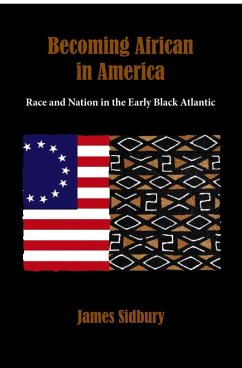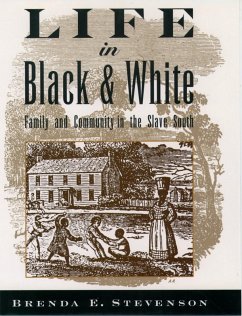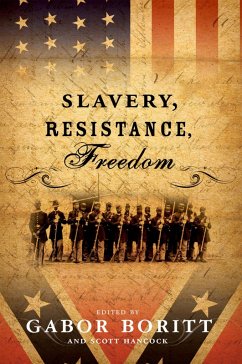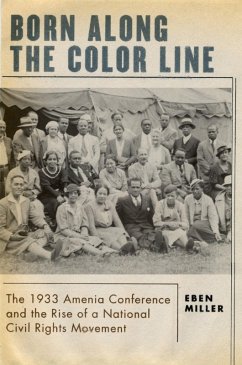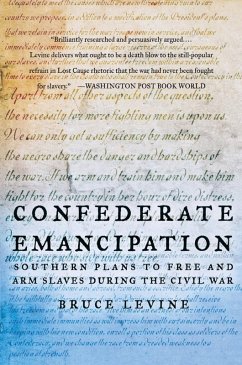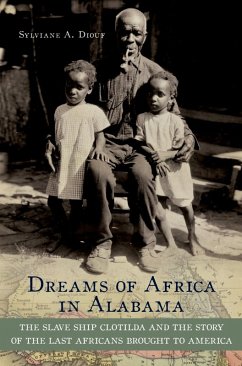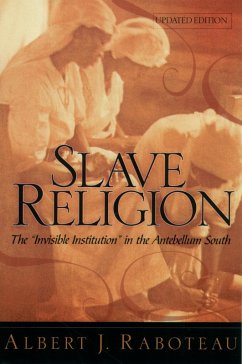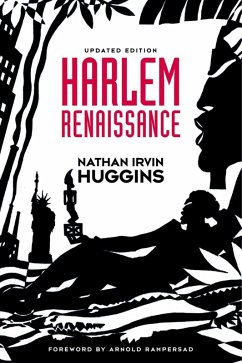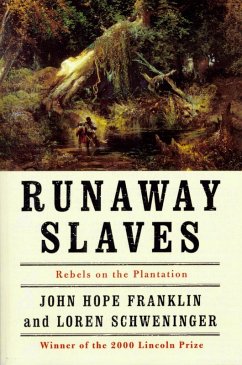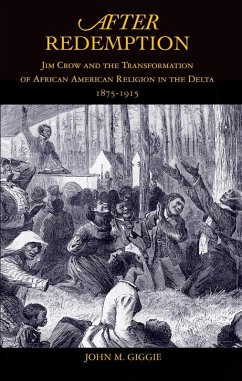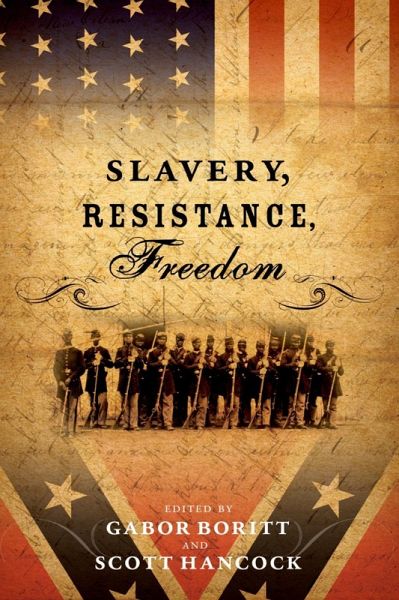
Slavery, Resistance, Freedom (eBook, ePUB)
Versandkostenfrei!
Sofort per Download lieferbar
4,99 €
inkl. MwSt.
Weitere Ausgaben:

PAYBACK Punkte
2 °P sammeln!
Americans have always defined themselves in terms of their freedoms--of speech, of religion, of political dissent. How we interpret our history of slavery--the ultimate denial of these freedoms--deeply affects how we understand the very fabric of our democracy. This extraordinary collection of essays by some of America's top historians focuses on how African Americans resisted slavery and how they responded when finally free. Ira Berlin sets the stage by stressing the relationship between how we understand slavery and how we discuss race today. The remaining essays offer a richly textured exam...
Americans have always defined themselves in terms of their freedoms--of speech, of religion, of political dissent. How we interpret our history of slavery--the ultimate denial of these freedoms--deeply affects how we understand the very fabric of our democracy. This extraordinary collection of essays by some of America's top historians focuses on how African Americans resisted slavery and how they responded when finally free. Ira Berlin sets the stage by stressing the relationship between how we understand slavery and how we discuss race today. The remaining essays offer a richly textured examination of all aspects of slavery in America. John Hope Franklin and Loren Schweninger recount actual cases of runaway slaves, their motivations for escape and the strains this widespread phenomenon put on white slave-owners. Scott Hancock explores how free black Northerners created a proud African American identity out of the oral history of slavery in the south. Edward L. Ayers, William G. Thomas III, and Anne Sarah Rubin draw upon their remarkable Valley of the Shadow website to describe the wartime experiences of African Americans living on both borders of the Mason-Dixon line. Noah Andre Trudeau turns our attention to the war itself, examining the military experience of the only all-black division in the Army of the Potomac. And Eric Foner gives us a new look at how black leaders performed during the Reconstruction, revealing that they were far more successful than is commonly acknowledged--indeed, they represented, for a time, the fulfillment of the American ideal that all people could aspire to political office. Wide-ranging, authoritative, and filled with invaluable historical insight, Slavery, Resistance, Freedom brings a host of powerful voices to America's evolving conversation about race.
Dieser Download kann aus rechtlichen Gründen nur mit Rechnungsadresse in A, B, BG, CY, CZ, D, DK, EW, E, FIN, F, GR, HR, H, IRL, I, LT, L, LR, M, NL, PL, P, R, S, SLO, SK ausgeliefert werden.




